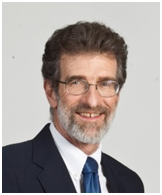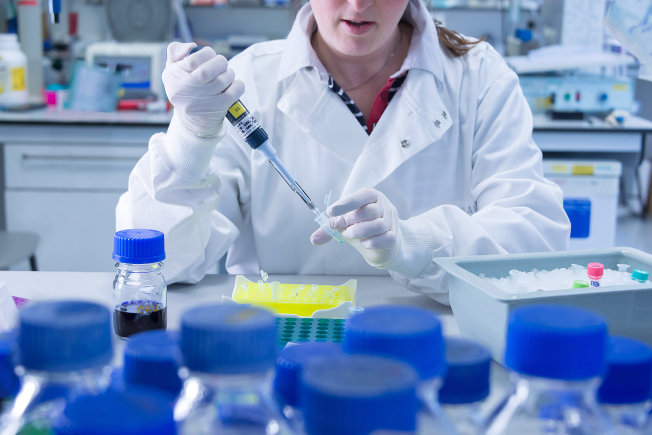
Years of AFCR Funding: Ongoing since 2018
A bold therapeutic approach is needed
Daniel G. Tenen, M.D.
Cancer Science Institute in Singapore
National University of Singapore
Overview
Hepatocellular carcinoma (HCC), the most typical form of liver cancer, is the second leading cause of cancer-related fatalities in Asia. Prognosis of patients with the disease has been and remains poor, with a 0.9 ratio of mortality to incidence.
Current standard therapeutic options of surgery, liver transplantation, chemotherapy and radiotherapy provide only modest benefits for HCC patients. When a tumor is caught early and is small, surgery can be effective in extending life duration and quality; but this dual diagnostic and treatment scenario represents little more than 15% of patients. Molecularly-based therapeutics, such as those targeting blood vessels, have shown variable outcomes in treatment. Indeed, the 5-year survival for all stages of HCC is very low, at only 18%.
To identify innovative strategies that specifically target HCC and give patients hope that their lives may be saved, AFCR is supporting Dr. Daniel Tenen, a renowned epigenetic research pioneer. Epigenetic changes—those changes not involving DNA mutations which alter activities and abilities of a cell—are increasingly becoming understood as an important contributor to the development of multiple cancers, including HCC. Importantly, abnormal epigenetic changes most likely occur at an early stage of tumor development, when treatments tend to be most effective, and are reversible. Emerging therapies which prove able to exploit these tendencies and vulnerabilities hold promise.
Approach
To target epigenetic proteins in HCC, Dr. Tenen is developing aptamers—a new class of synthetic peptides (compounds similar to proteins) and nucleic acids (DNA or RNA) selected for high-affinity binding to specific targets. Aptamers have low toxicity, since they target a specific protein, and they are not immunogenic, a feature boding well for the purpose of a less complex set of biological responses. Dr. Tenen’s team is using the chemical and molecular biology strategy, SELEX, to isolate highly specific RNA aptamers that will target and inhibit specific epigenetic proteins in HCC.
Dr. Tenen and his colleagues, including those in Italy led by Dr. Vittorio de Franciscis, are developing aptamers to target two major epigenetic complexes which govern genetic landscapes in cancer cells: SALL4 and DNMT1. In an earlier landmark study, Dr. Tenen showed SALL4 had strong expression in a subgroup of HCC patients in Hong Kong and Singapore, and that this correlated with poor prognosis. An epigenetic protein, SALL4 has been shown to represses tumor suppressor gene p53, contributing to cancer development. Epigenetic protein DNTM1 is also overexpressed in HCC, contributing to the cancer’s development and progression, and correlating with poor prognosis.
Dr. Tenen and his team’s candidate RNA aptamers are being synthesized and identified to bind with high affinity to specific areas in SALL4 and DNTM1 proteins in HCC cell lines. Laboratory demonstrations of the technique have yielded success in reversion of features of cancerous liver cells back to those of normal ones.
Impact
Effective treatments for HCC are still lacking, with current approaches offering only modest benefit. Patients are in need of therapeutic options which will prolong and improve their quality of their life. Dr. Tenen and his colleagues’ fields of expertise in epigenetic modification and aptamer technology are being applied to the development of a novel treatment platform for the liver cancer. Furthermore, these efforts may provide a blueprint for the application of the technology to a wide variety of other tumor types.

